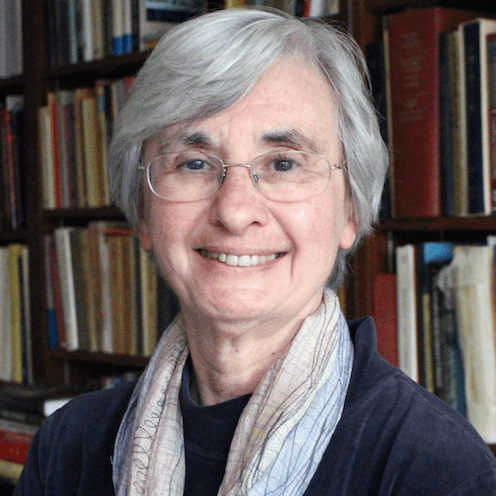The American Historical Association offers the Patricia Buckley Ebrey Prize annually for a distinguished book in the history of China proper, Vietnam, Chinese Central Asia, Mongolia, Manchuria, Korea, or Japan, prior to 1800.
The current prize amount is $1,000.
The general rules for submission are:
- Only books of high scholarly and literary merit will be considered. Anthologies, edited works, and pamphlets are ineligible for the competition.
- Books with a copyright of 2024 will be eligible for the 2025 prize.
- Nomination submissions may be made by an author or by a publisher. Publishers may submit as many entries as they wish. Authors or publishers may submit the same book for multiple AHA prizes.
- Nominators must complete an online prize submission form for each book submitted. Once you fill out the form you will receive an email with the committee’s contact information.
- One copy of each entry must be sent to each committee member and clearly labeled “Ebrey Prize Entry.” Print copies preferred unless otherwise indicated. If only e-copy is available, please contact review committee members beforehand to arrange submission format.
Please Note: The competition will open in mid-March. Entries must be received by May 15, 2025, to be eligible for the 2025 competition. Entries will not be returned. Recipients will be announced on the AHA website in October 2025 and recognized during a ceremony at the January 2026 AHA annual meeting in Chicago.
For questions, please contact the Prize Administrator.

Patricia Buckley Ebrey
Patricia Buckley Ebrey is a historian of China, professor emerita at the University of Washington at Seattle, and winner of the 2014 AHA Award for Scholarly Distinction, the Shimada Prize for East Asian Art History, and the Levenson Prize from the Association of Asian Studies.
Past Recipients
Current Recipient
Elad Alyagon
Inked: Tattooed Soldiers and the Song Empire’s Penal-Military Complex (Harvard Univ. Asia Center)
Inked tells the story of the millions of soldiers who were conscripted or coerced into the Song military. Setting up tattooed soldiers as the forgotten counterpoint of the officials recruited through the examination system, Elad Alyagon draws new stories out of a historical record dominated by elite voices. His direct and engaging prose guides readers through the social world of Song soldiers, expanding our understanding of a pivotal period of state building and social mobilization in Chinese history.